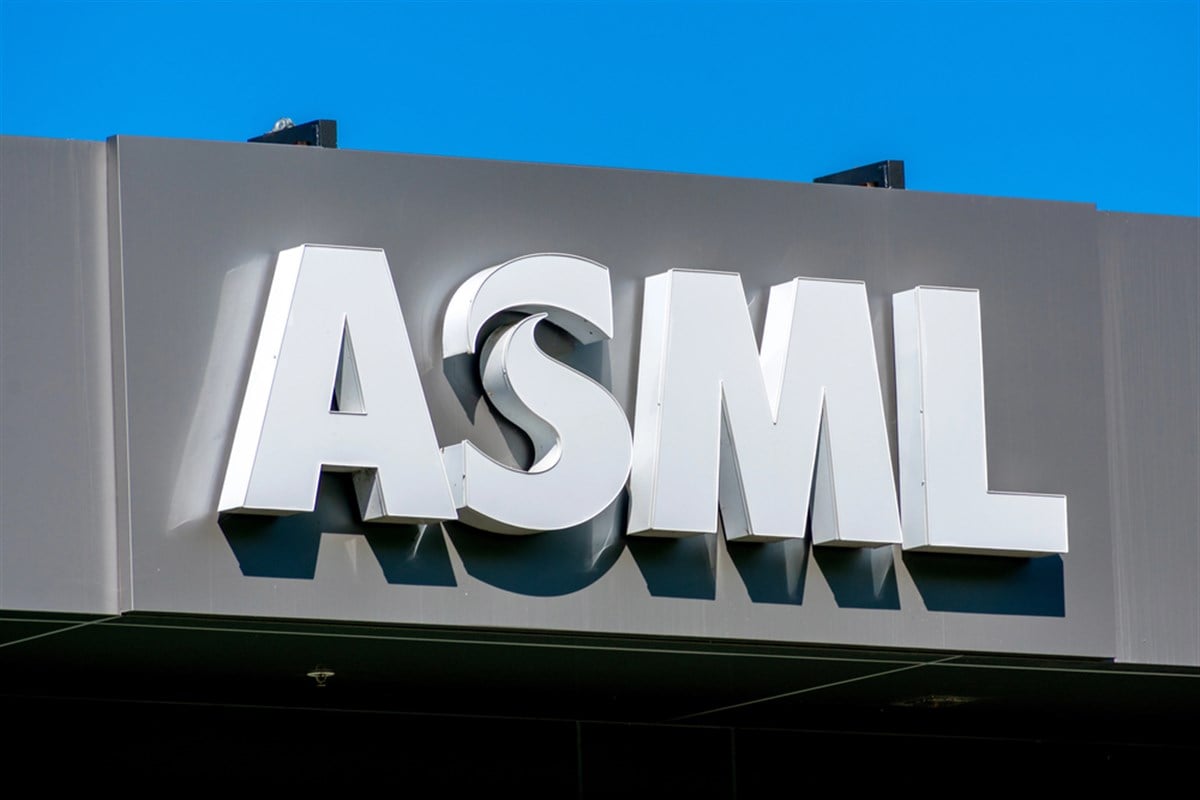 The technology sector in the United States stock market has become one of the most institutionalized spaces today, with significant funds and “smart money” concentrated in a few names within the semiconductor and chipmaking industries. Given this context, investors cannot rely on the tools they once used for their analysis, such as charts and news; they now need to get inside the heads of these institutions.
The technology sector in the United States stock market has become one of the most institutionalized spaces today, with significant funds and “smart money” concentrated in a few names within the semiconductor and chipmaking industries. Given this context, investors cannot rely on the tools they once used for their analysis, such as charts and news; they now need to get inside the heads of these institutions.
Doing this requires retail investors to analyze some of the tools used by these institutions, which will be broken down in order to spot the underlying opportunities present in shares of ASML Holding (NASDAQ: ASML).
These opportunities are created by a discounted price action as the bulk of the attention (and capital) has gone into other names in the space. However, that is where the best upside usually comes from.
By comparing ASML stock to that of other peers in the space, such as NVIDIA Co. (NASDAQ: NVDA) and Taiwan Semiconductor Manufacturing (NYSE: TSM), investors can gain insight into what these institutions may be considering and where the true upside may lie.
More than that, it also justifies the reasoning behind ASML management buying back so much of its own stock.
What Insiders Did for ASML Stock
It’s no secret that ASML management has been buying stock for the past 12 months consistently. However, it seems that the month of June has seen a spike in this activity as if expecting big things to come down the line for the price and the company’s valuation.
During the last two weeks of June 2025, management was reported to have purchased up to 92,654 shares of ASML in the open market, and the average purchase price would have increased this transaction to a value of as much as $61.4 million. This figure represents a substantial portion of the company’s free cash flows, making it matter all the more.
Insiders typically only buy this much stock in such a short period of time for two reasons. First, they believe that the company itself is cheap enough to buy using the business’s own capital reserves to show commitment, and second, there may be an expectation for higher prices in the near future.
It tuns out, these insiders were not alone in this decision. Institutional buyers from Voya Investment Management also justified a new stake of $14 million in ASML stock as of mid-June 2025, demonstrating confidence and alignment with the insider thesis for the company’s future higher valuations.
Breaking the ASML Deal Down
Now that investors have reviewed the capital flows, it is time to justify these decisions using the kind of thinking and tools that these institutions typically look for. It all starts with spreading price action and valuation metrics to understand the story behind a stock’s current placement.
In terms of price action, ASML still trades within a deep bear market, as it remains at only 68% of its 52-week high level, while NVIDIA and Taiwan Semiconductor both trade at new 52-week highs. This performance gap could be (and should be) closed eventually.
Knowing that the only difference between ASML and these two peers is mostly how popular it is among market participants, investors on the retail and institutional sides can both deduce that, fundamentally, there is no reason for ASML to be trading this low.
Furthermore, investors can identify a significant discrepancy in valuations between ASML and Taiwan Semiconductor. These two companies are closer peers in terms of how they manufacture equipment and technology for chipmaking, so comparing their valuations provides a more accurate assessment.
This is where investors can nail the question behind all the insider buying.
Taiwan Semiconductor stock trades at a 52-week high, which is now known, but it is also valued at a forward P/E ratio of 21.1x as of today.
Now, ASML, while trading at a significant discount (price-wise), has a forward P/E that commands a premium over Taiwan Semiconductor at 23.0x.
Logically, if the valuation multiples are this close, then the stock price (relative to 52-week highs) should be as well, yet it’s not. This is where the story begins to make sense as a favorable buy-in for ASML stock over the coming months and quarters, and likely the reasoning used by institutional buyers who have recently started getting into the name.
More than that, on a price-to-sales (P/S) ratio, ASML now trades at 16.0x to be significantly above Taiwan Semiconductor’s 7.2x multiple. This can be seen as a sign that the market is experiencing significant quality and growth in the future, with ASML sales surpassing those of Taiwan Semiconductor.
Now, the catalyst to close this price gap is only a matter of time.
Where Should You Invest $1,000 Right Now?
Before you make your next trade, you'll want to hear this.
MarketBeat keeps track of Wall Street's top-rated and best performing research analysts and the stocks they recommend to their clients on a daily basis.
Our team has identified the five stocks that top analysts are quietly whispering to their clients to buy now before the broader market catches on... and none of the big name stocks were on the list.
They believe these five stocks are the five best companies for investors to buy now...




